In a significant development, manufacturers in the Baghdad have reevaluated their pricing strategies following the recent lifting of the ban on steel rebar. As anticipation builds for the first shipment of scrap to northern Iraq from other regions, market participants are closely monitoring the impact on prices.
The removal of restrictions has led to a slight reduction in prices for long steel products. Iraqi electric arc furnace steel mills are now offering their products at prices ranging from $650 to $710 per ton at the factory gate, compared to the range of $650 to $730 per ton observed in mid-February. These minor adjustments come in response to the Iraqi Prime Minister’s decision to allow scrap supply in specific areas of Iraq. One producer even expressed their readiness to commence melting operations as soon as the scrap shipments arrive.
Meanwhile, producers in Basra continue to maintain a consistent price for their rebar. The rate remains unchanged at $600 per ton at the factory gate, a stability observed over the past two and a half months.
Across the border, Iranian rebar is currently available at $450-$460 exw per metric ton . In a recent transaction, approximately 3,000 tons of Iranian rebar were purchased this week at a price of $450 exw per metric ton .
In the coastal city of Iskenderun, Turkish rebar is now priced between $605 and $625 exw per metric ton . This represents a decrease from its previous price range of $620-$640 per metric ton.
Iraqi traders in Baghdad are actively involved in the rebar market. They are attempting to sell Iranian rebar at a range of $525-$530 per metric ton at the warehouse gate. For those seeking high-quality Iranian rebar, the price stands at $575 per metric ton at the warehouse gate.
AlBuraq Steel pioneering sustainable steel solutions for Saudi Arabia's development
Saudi Arabian steel manufacturer AlBuraq Steel, headquartered in Jeddah, has announced the inauguration of its state-of-the-art production facility, geared towards meeting the rising demand for medium sections in the domestic market. The company, with a robust infrastructure, aims to cater to the evolving needs of the construction industry by offering a diverse range of steel products tailored to various project requirements.
Operating at full capacity, AlBuraq Steel's advanced manufacturing plant boasts an impressive production capability of 600,000 tonnes annually. This significant capacity enhancement underscores the company's commitment to supporting the nation's ambitious development agenda and positioning itself as a leading player in the regional steel sector.
In addition to its primary focus on medium sections, AlBuraq Steel has diversified its product portfolio to include a wide array of steel solutions, ranging from rebar and I-beams to angles and channels. This comprehensive offering enables the company to serve a broad spectrum of clientele, including government-funded infrastructure projects and private sector developments.
As Saudi Arabia continues to invest heavily in mega-projects aimed at diversifying the economy and enhancing infrastructure, AlBuraq Steel stands ready to contribute significantly to driving sustainable growth and development. Through its unwavering dedication to quality, efficiency, and customer satisfaction, the company stands ready to contribute to the nation's progress and prosperity in the years to come.
The impact of the exchange rate on the Egyptian steel market and the analysis of domestic prices
In recent years, the steel market in Egypt has experienced fluctuations influenced by various factors, including currency exchange rates and global steel price trends. This report aims to provide an analysis of the current state of the steel market in Egypt, focusing on key indicators such as wire rod, hot-rolled coil (HRC), and rebar prices.
As of the latest data available, the exchange rate stands at 1 USD = 48 EGP. This exchange rate plays a crucial role in determining the prices of imported steel products and affects the competitiveness of domestic steel producers.
Steel Prices in the Domestic Market:
Currently, the price of wire rod in the Egyptian domestic market is $950.00 per ton. This price reflects the cost of raw materials, production processes, and market demand.
The price of HRC in Egypt is $1,040.00 per ton. HRC is a key intermediate product used in various industries, including construction, automotive, and manufacturing. Fluctuations in HRC prices can indicate changes in industrial activity and economic conditions.
Rebar, a vital component in construction projects, is priced at $900.00 per ton in the Egyptian market. Egypt’s steel consumption remains robust, driven by national projects and private building initiatives


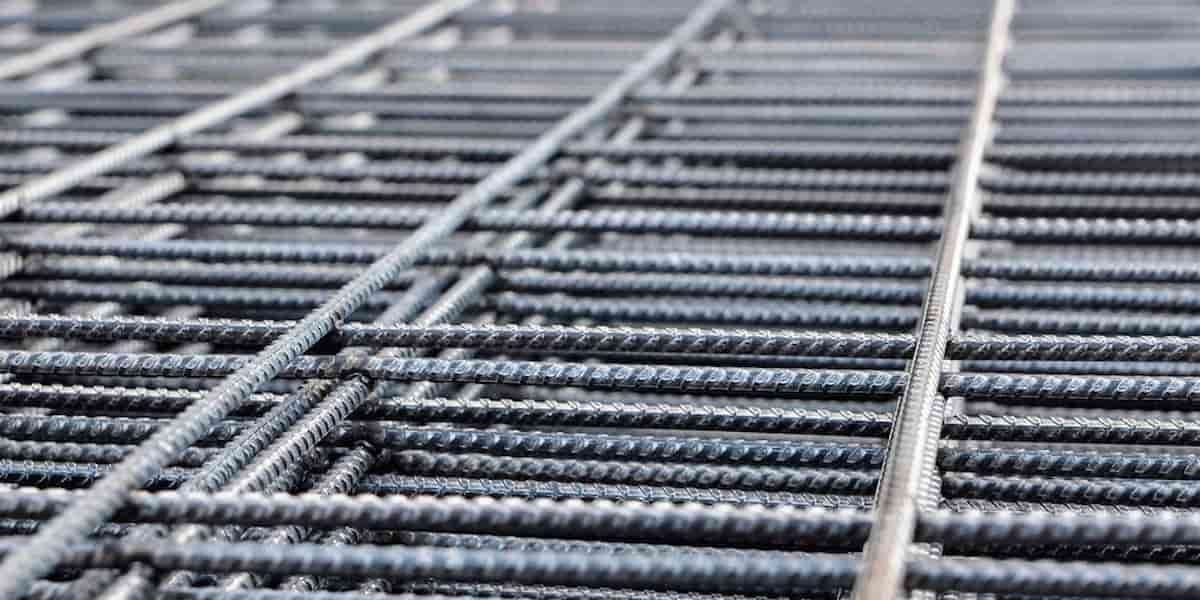

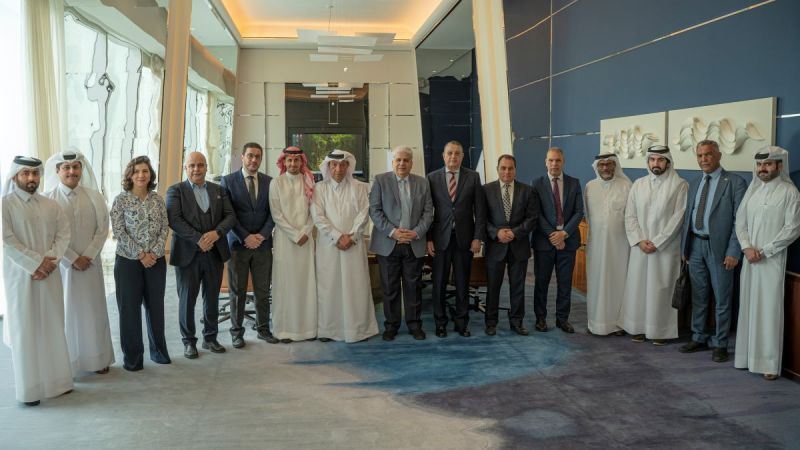
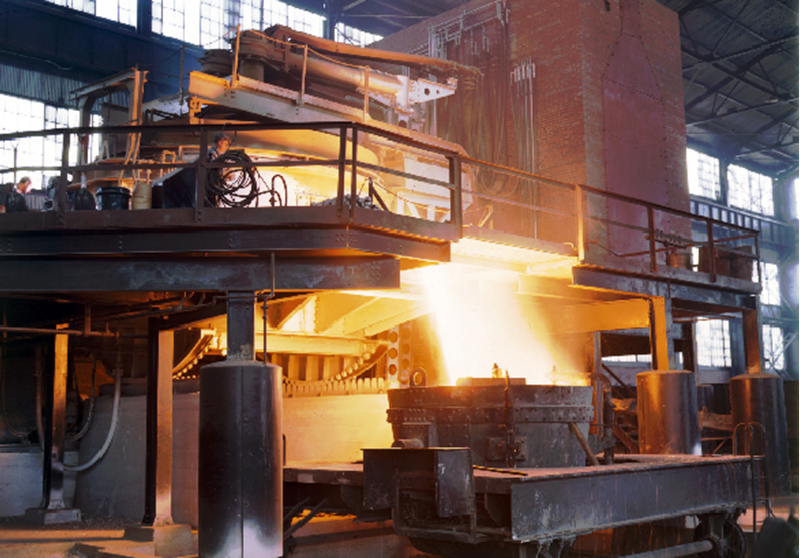
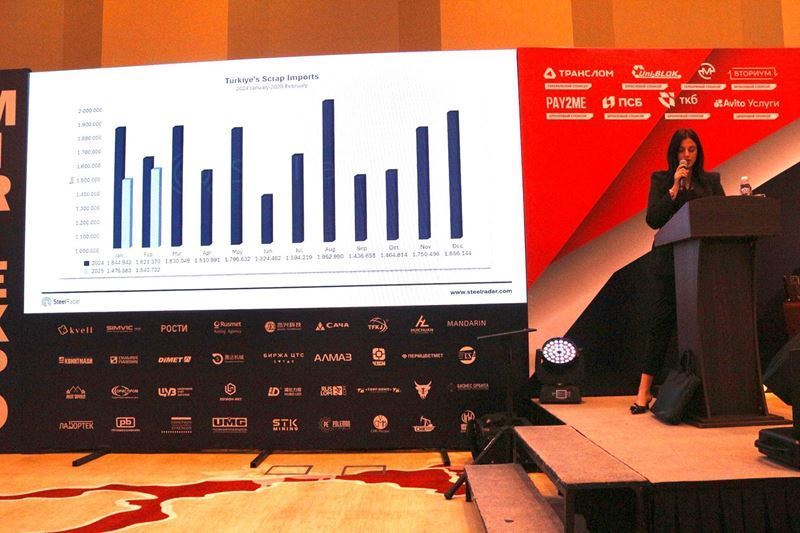
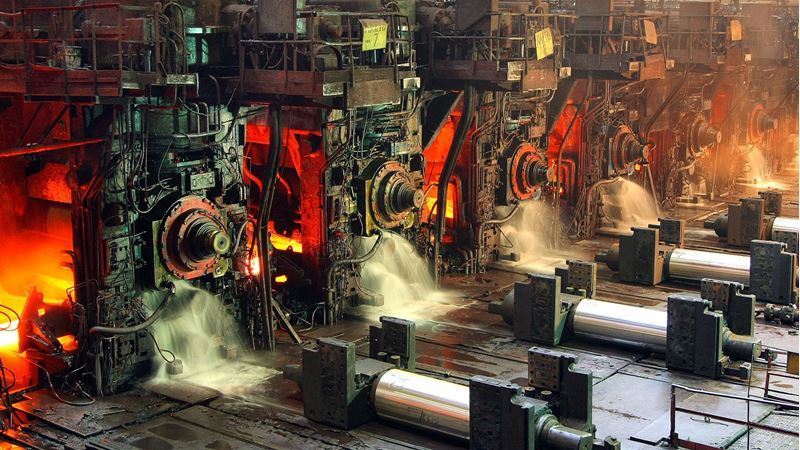
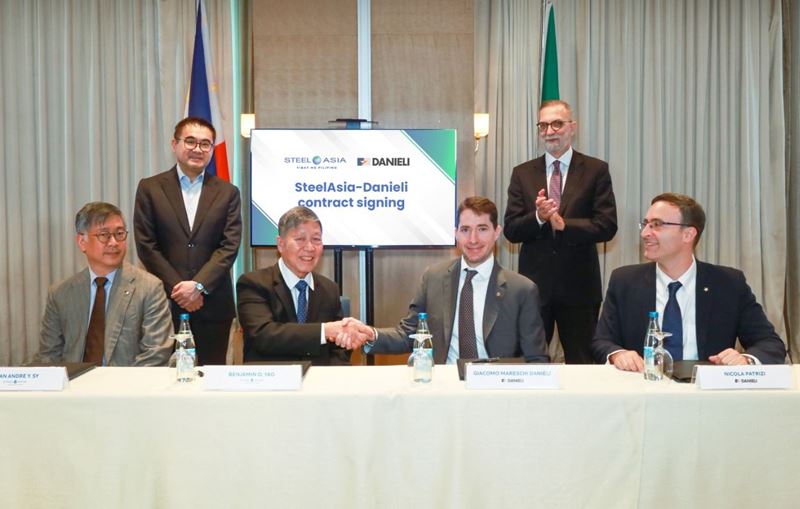


Comments
No comment yet.